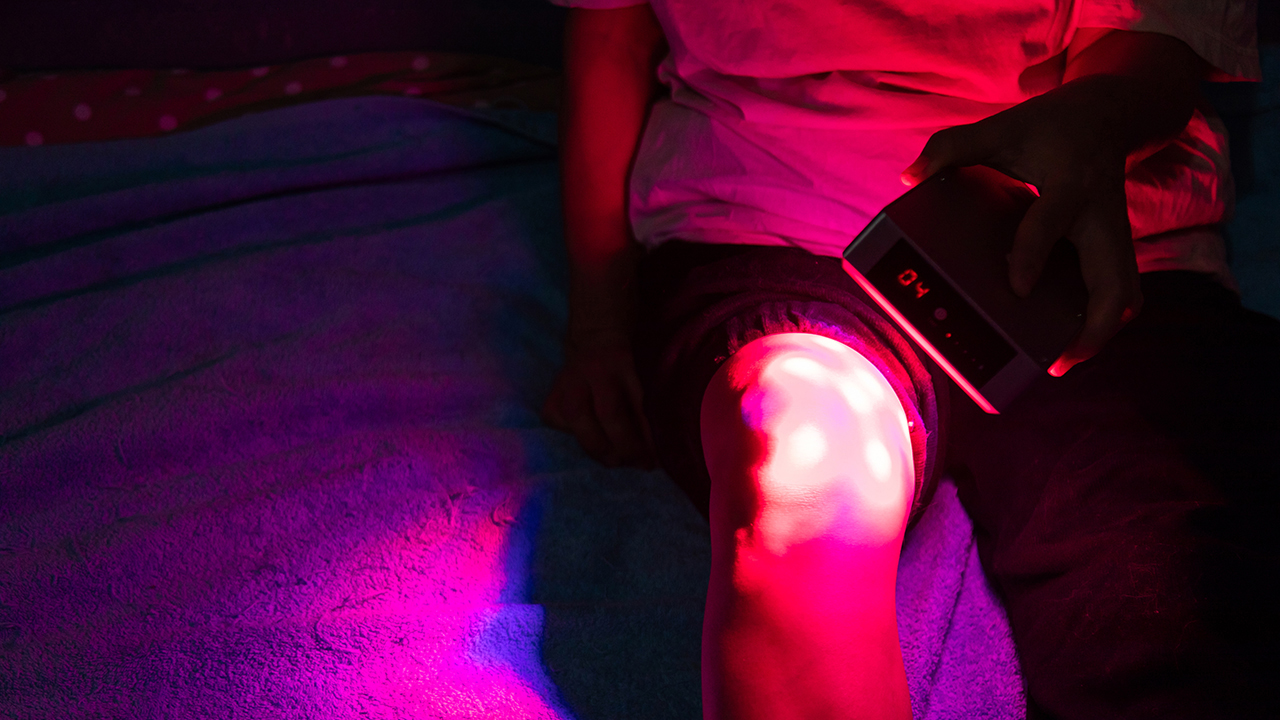MEDIA ALERT: Experts available on dairy safety
Cornell experts are available to discuss dairy safety in the wake of FDA milk testing suspensions.
Tip Sheets
Cornell University has dedicated television and audio studios available for media interviews.
Cornell University has dedicated television and audio studios available for media interviews.
Cornell University has dedicated television and audio studios available for media interviews.
Cornell University has dedicated television and audio studios available for media interviews.
Cornell University has dedicated television and audio studios available for media interviews.
Cornell University has dedicated television and audio studios available for media interviews.
Cornell University has dedicated television and audio studios available for media interviews.
Cornell University has dedicated television and audio studios available for media interviews.
Cornell University has dedicated television and audio studios available for media interviews.
Cornell University has dedicated television and audio studios available for media interviews.
Expert Quotes
“In the case of Target, I think Black consumers in particular are absolutely fed up with having their products or positions elevated when it is convenient to do so." {Read more}
Featured Video
From the impact on energy grids and real estate to healthcare and insurance pricing, drought doesn’t just dry up water — it reshapes entire systems. Hear how this Cornell Atkinson project is helping Cornell scientists translate data into actionable insights, and why collaboration across sectors is crucial for climate resilience.

